As the month dedicated to maternal mental health comes to an end, it is important to raise maternal mental health awareness every day and make it a year-round commitment. Maternal mental health is a topic that deserves ongoing attention and support, not just during designated awareness campaigns. Mental health is a person’s emotional, psychological, and social well-being. I have shared my experience with peripartum anxiety and postpartum depression many times and will continue to do so.
The Importance of Raising Awareness for Mental Health and Maternal Mental Health
None of the peripartum disorders, including perinatal depression, perinatal anxiety, peripartum obsessive-compulsive disorder (OCD), and peripartum bipolar disorder, are explicitly listed as separate diagnoses in the Diagnostic and Statistical Manual of Mental Disorders (DSM-5). However, they can be understood and diagnosed within the existing diagnostic categories in the DSM-5. Advocating for the inclusion of specific peripartum disorders in future editions of the DSM requires raising awareness among mental health professionals, researchers, policymakers, and advocacy groups.
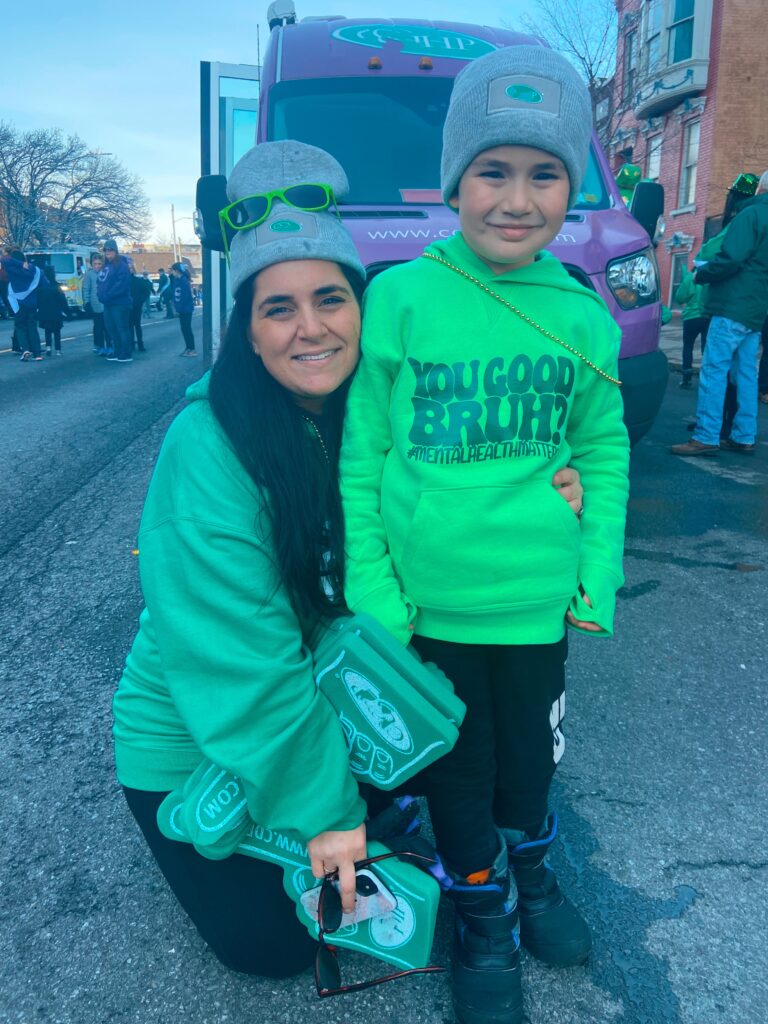
Signs and Symptoms of Maternal Mental Health Disorders
Perinatal Depression
Perinatal depression, also known as postpartum depression, is a type of depression that occurs during pregnancy or after childbirth. It can affect up to 1 in 7 women and may manifest as persistent feelings of sadness, anxiety, and fatigue. Perinatal depression impacts the mother’s well-being and the bond between the mother and the baby, making early identification and treatment essential.
Perinatal Anxiety
Perinatal anxiety refers to excessive worry, fear, and anxiety experienced by women during pregnancy or postpartum. It is a common mental health condition, affecting approximately 10-15% of pregnant and postpartum individuals. Perinatal anxiety can manifest as intrusive thoughts, racing thoughts, restlessness, and physical symptoms such as increased heart rate and difficulty sleeping.
Perinatal Obsessive-Compulsive Disorder
Perinatal obsessive-compulsive disorder (OCD) is an anxiety disorder that can occur during or after giving birth. Symptoms can include obsessive and intrusive thoughts, compulsive behaviors, and intense anxiety and fear.
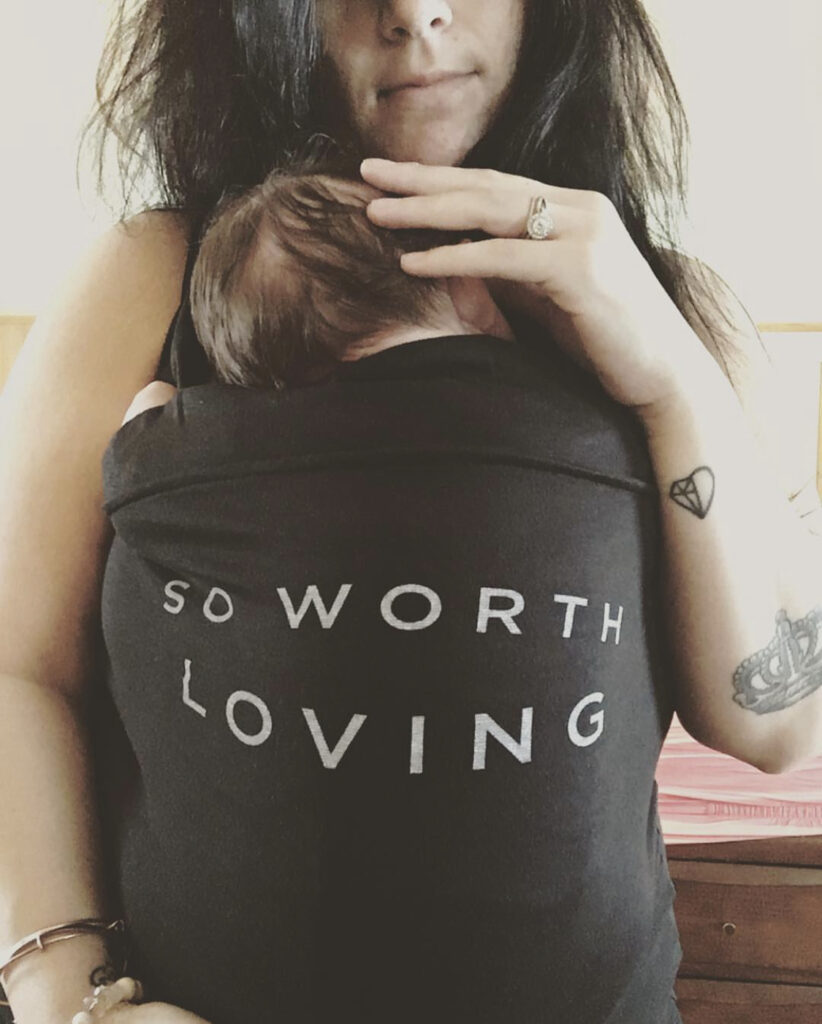
Postpartum Post-Traumatic Stress Disorder
Postpartum post-traumatic stress disorder (PTSD) can occur after a traumatic childbirth experience. Symptoms can include flashbacks, avoidance of trauma reminders, and hypervigilance.
Perinatal Bipolar
Perinatal Bipolar Disorder, also known as postpartum onset bipolar disorder, is a specific type of bipolar disorder that emerges during pregnancy or postpartum. It is estimated to affect approximately 1-2% of women. Women with peripartum bipolar disorder experience episodes of manic or depressive symptoms, which can significantly impact their mood, energy levels, and overall functioning.
Postpartum Psychosis
Psychosis is characterized by losing contact with reality, resulting in significant disturbances in thinking, perception, and behavior. It often involves hallucinations (seeing or hearing things that aren’t there) and delusions (false beliefs held despite evidence to the contrary), impacting an individual’s ability to function in their daily life. Postpartum psychosis Is especially hard for society to understand.
Novels on postpartum psychosis
- Gerdes, Sharon, Back In Six Weeks: A Novel, SKG Press, 2014.
- Goodman, Carol, The Other Mother: A Novel, New York: William Morrow, 2018.
- O’Brien, Maureen, Purgatory Behind the Wire Booklocker Press, 2007.
- Spears, Karen, Mother of Rain, Macon: Mercer University Press, 2013.
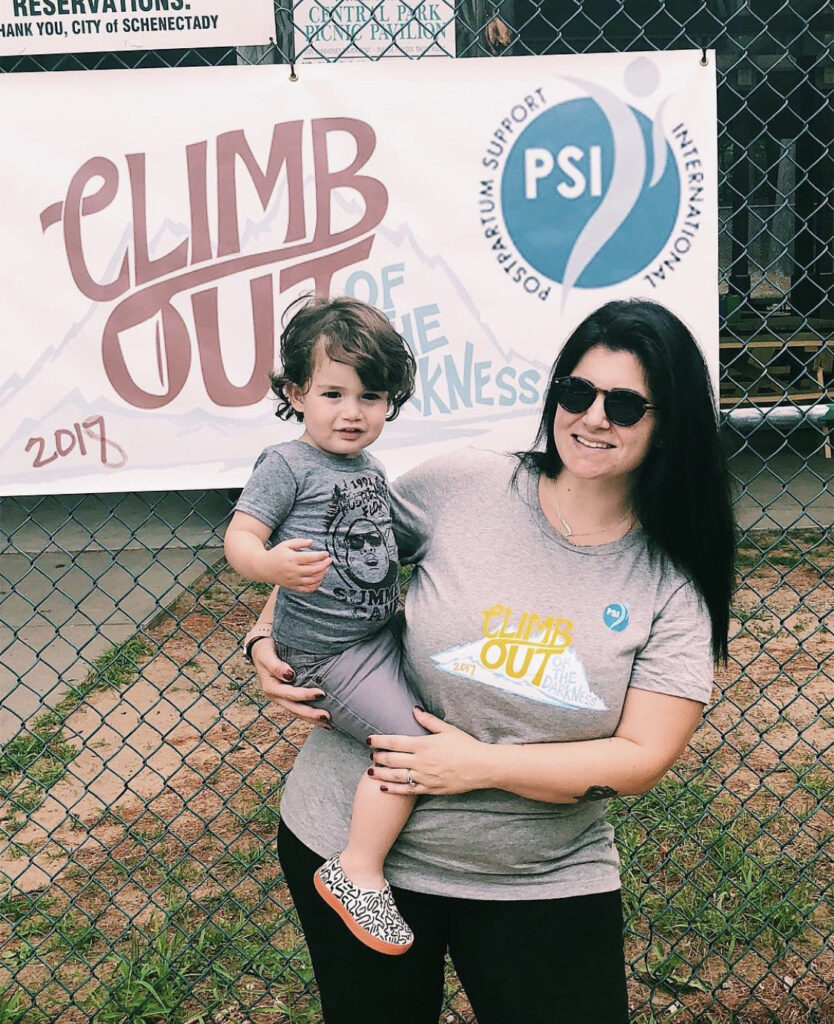
Advocating for Maternal Mental Health: How You Can Get Involved
The fight to raise awareness of maternal mental health disorders is ongoing. Here are some ways individuals can get involved:
Postpartum Support International
Postpartum Support International (PSI) is a non-profit organization promoting awareness, prevention, and treatment of childbirth-related mental health issues. It provides support, resources, and education to individuals and families affected by perinatal mood and anxiety disorders (PMADs). PSI offers various services, including a helpline, online support groups, peer support, educational materials, and professional training for healthcare providers. The organization strives to raise awareness about the importance of mental health during the perinatal period. It works to improve access to care and reduce the stigma surrounding postpartum mental health challenges.
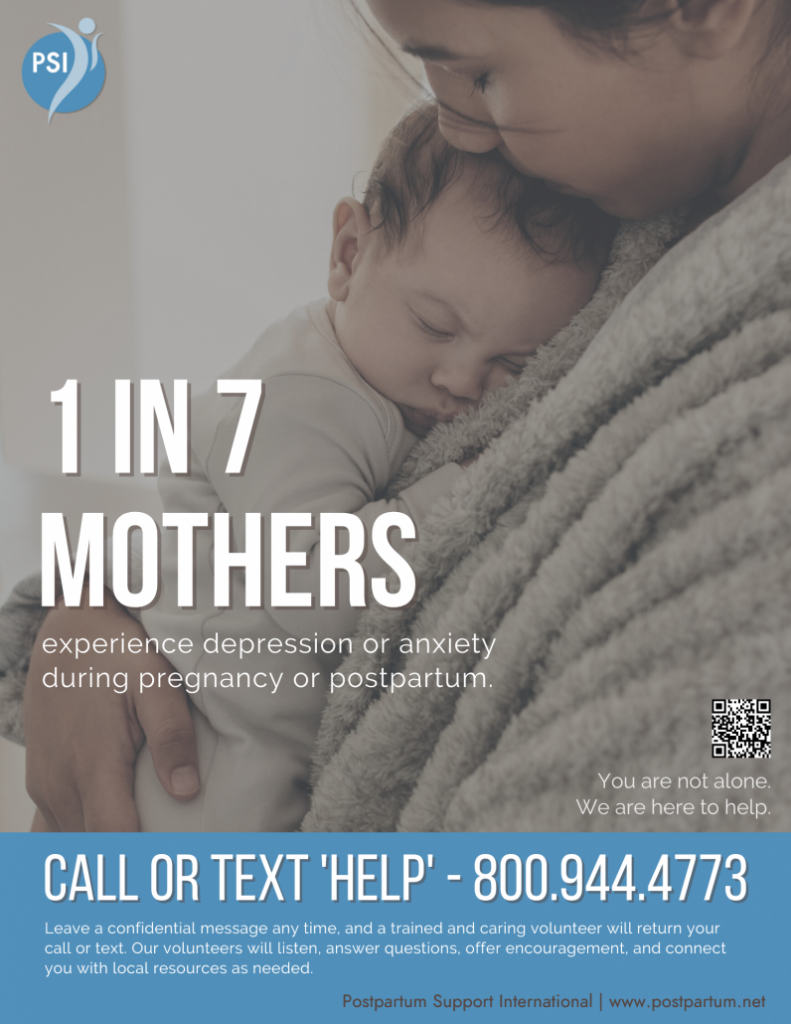
Policy Center for Maternal Mental Health
Policy Center for Maternal Mental Health is a national nonprofit organization focused on improving maternal mental health in the United States. The organization was established in response to the alarming rates of maternal mental health disorders and recognizing the need for better support and resources for mothers and families. 2020 Mom advocates for policy changes, promotes awareness and ensures that comprehensive and accessible mental healthcare is available to all pregnant and postpartum individuals. The organization collaborates with various stakeholders, including healthcare providers, policymakers, and community organizations, to address maternal mental health care gaps and improve outcomes for mothers and families.
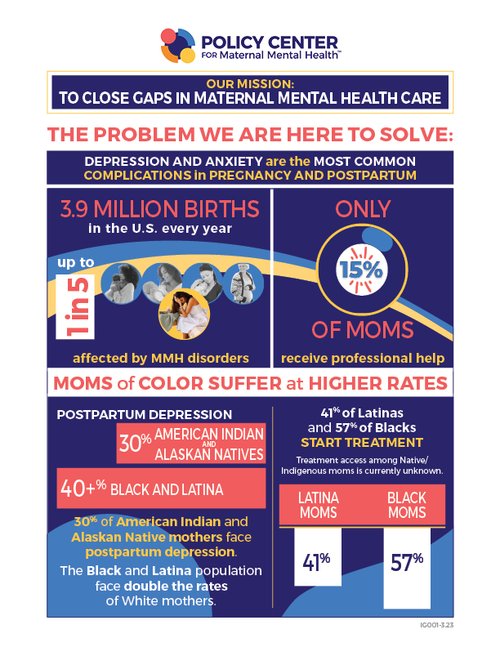
Mom Congress
Mom Congress brings together parent leaders and advocates across the United States to advocate for education and children’s issues. Mom Congress members are selected through an application process and serve as representatives and voices for parents in their communities. They can participate in events, conferences, and meetings with policymakers to discuss and advocate for policies and initiatives that benefit children and families. Mom Congress aims to empower parents to participate actively in education policy and decision-making, fostering collaboration and engagement between parents, schools, and policymakers.
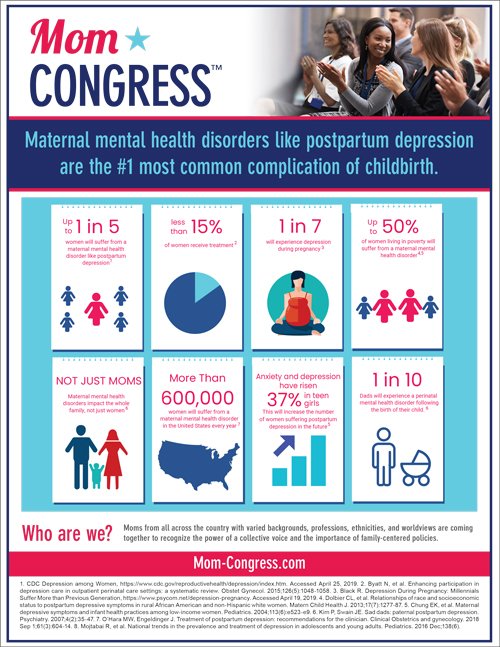
Let us continue to work towards a future where maternal mental health is valued and prioritized, not just in May but every day.
You May Also Like
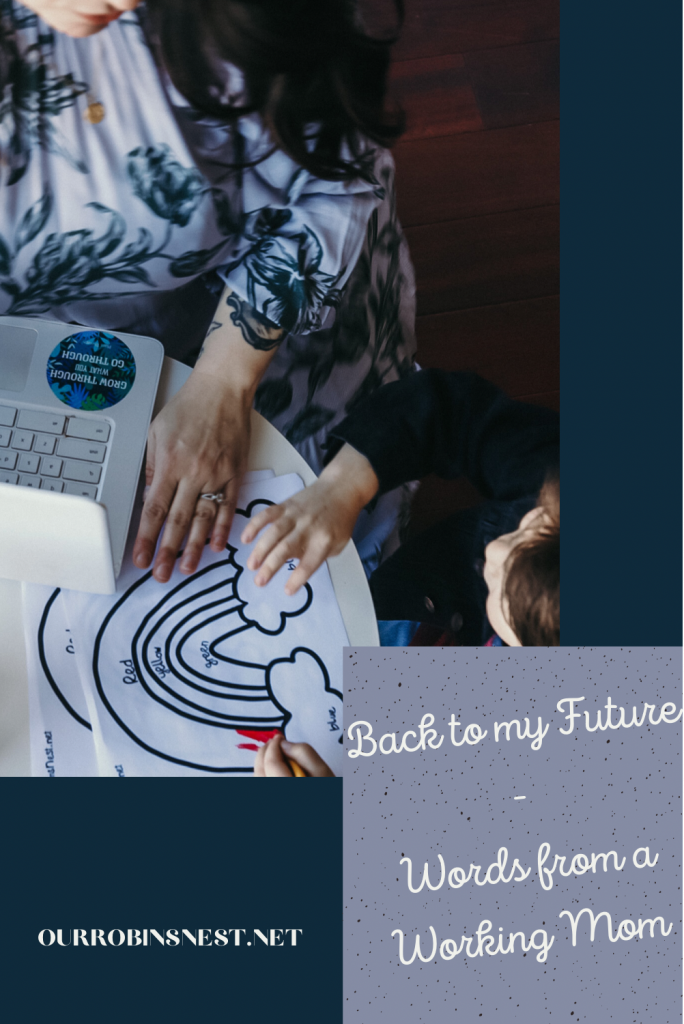
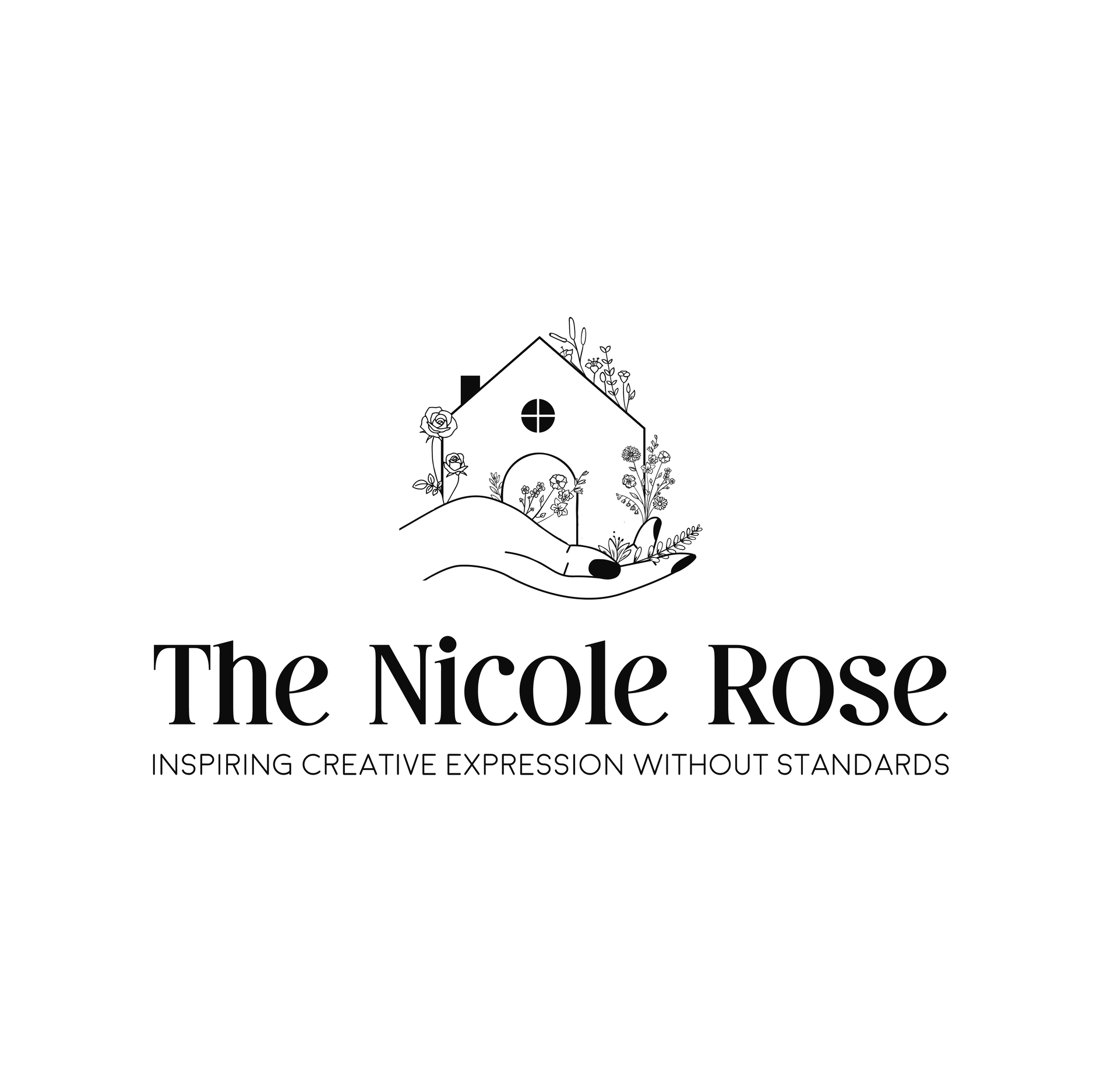
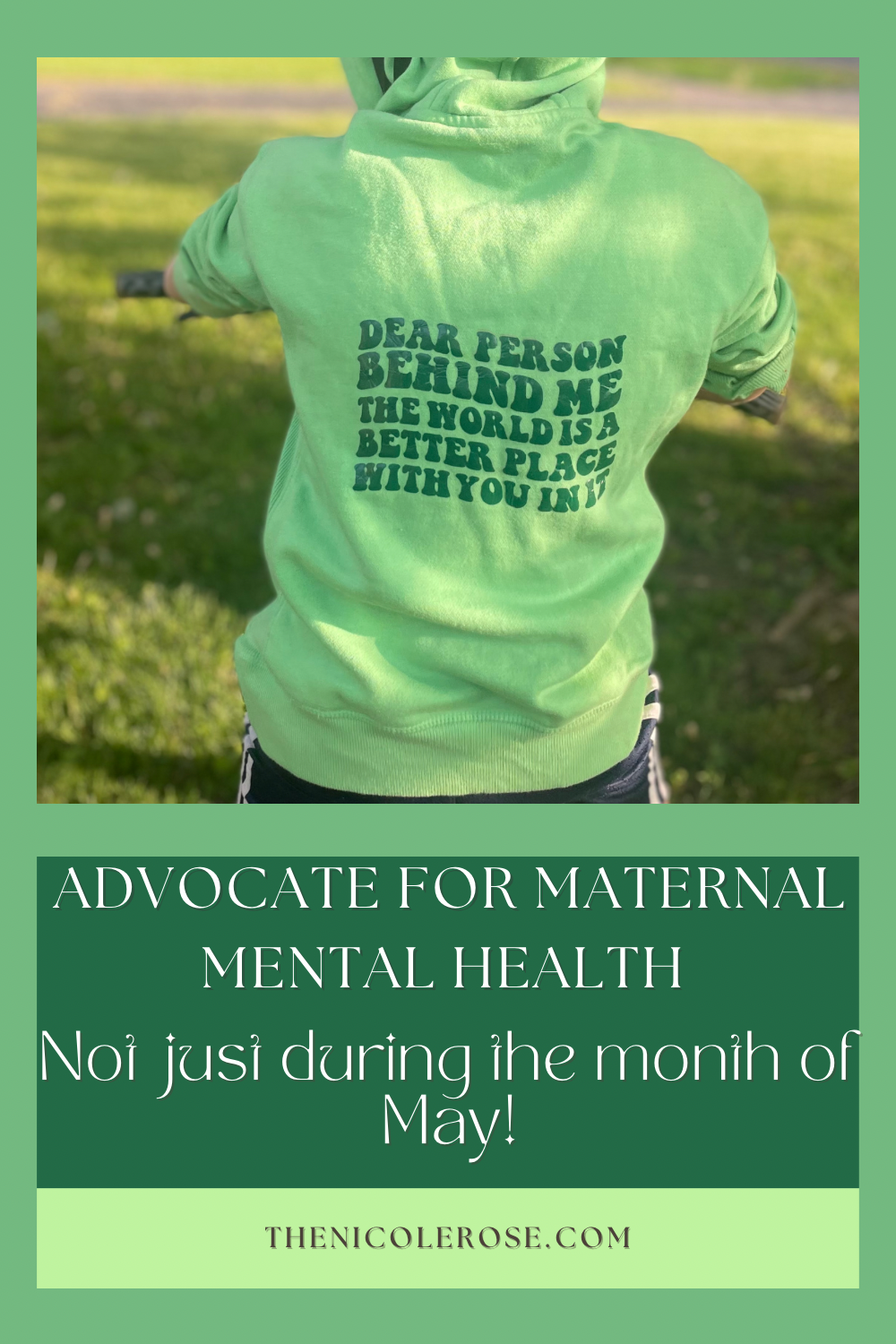
0 Comments